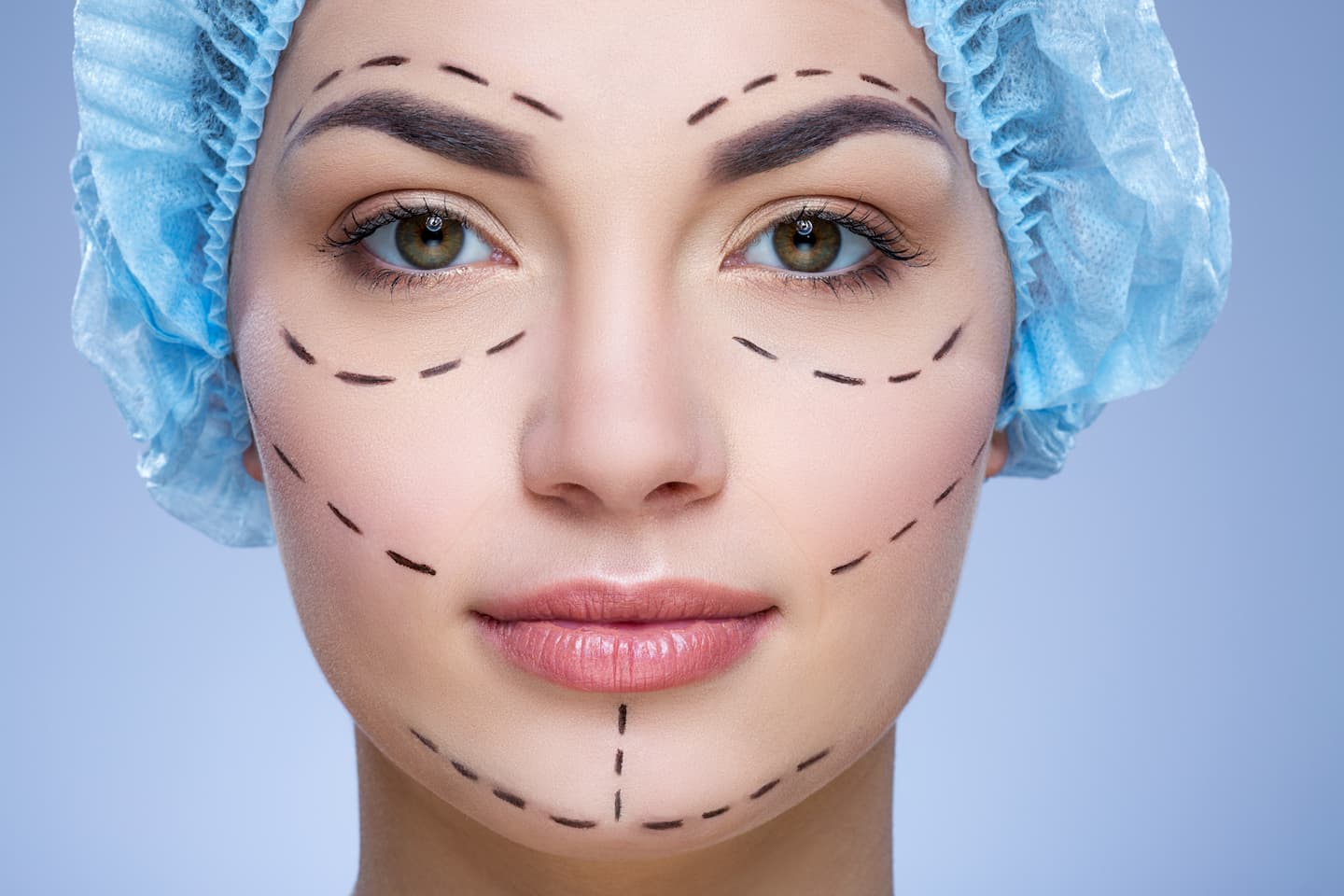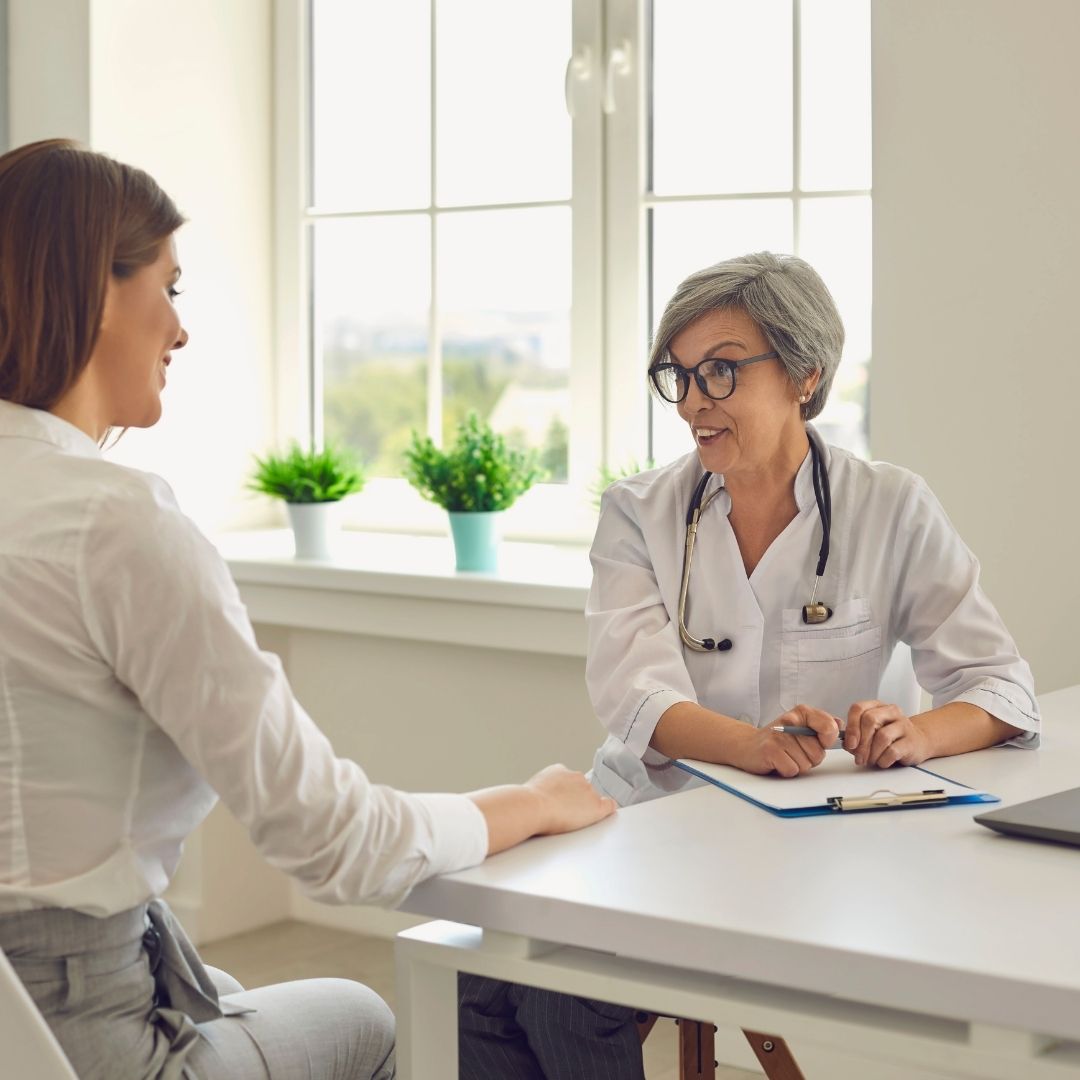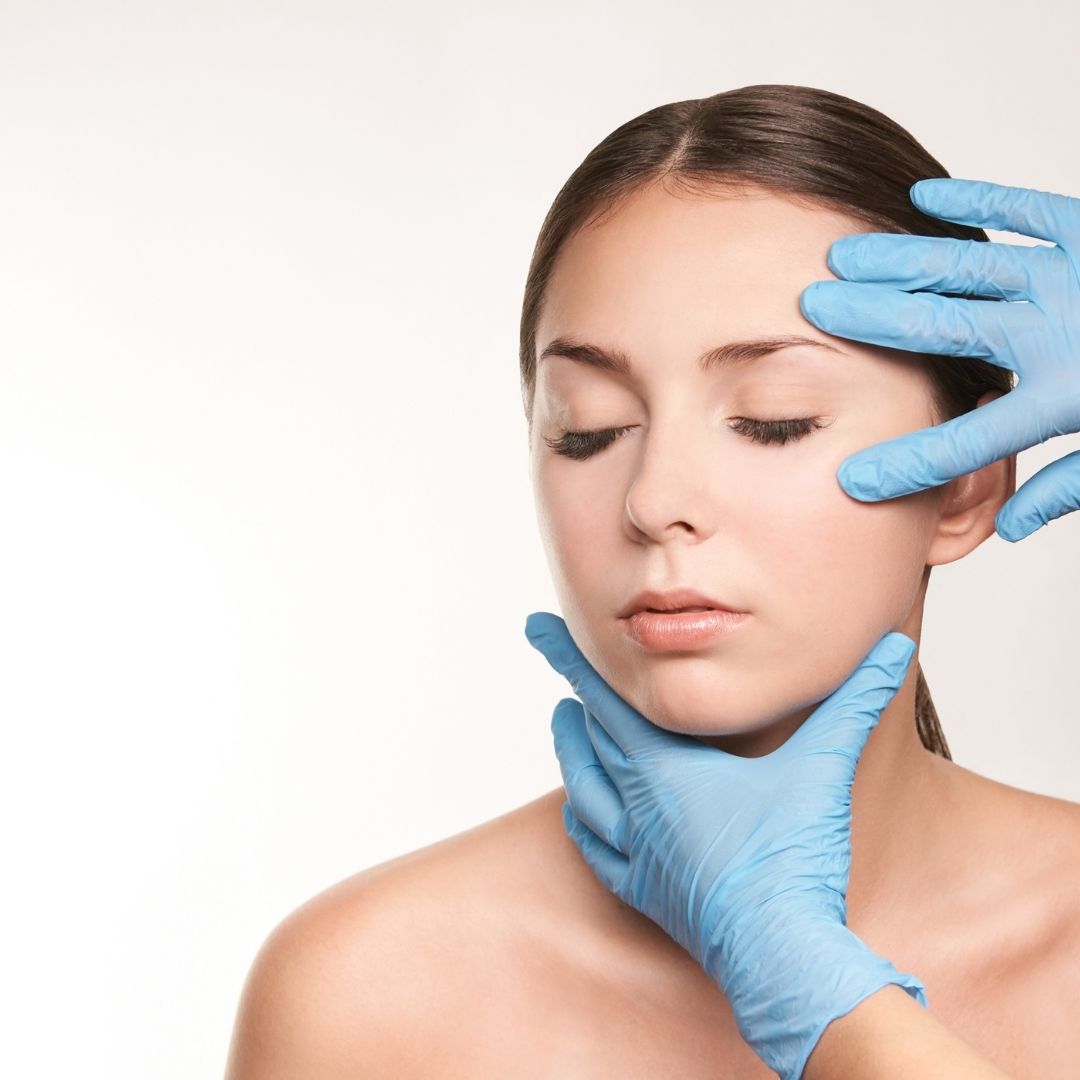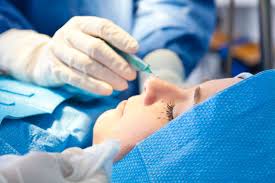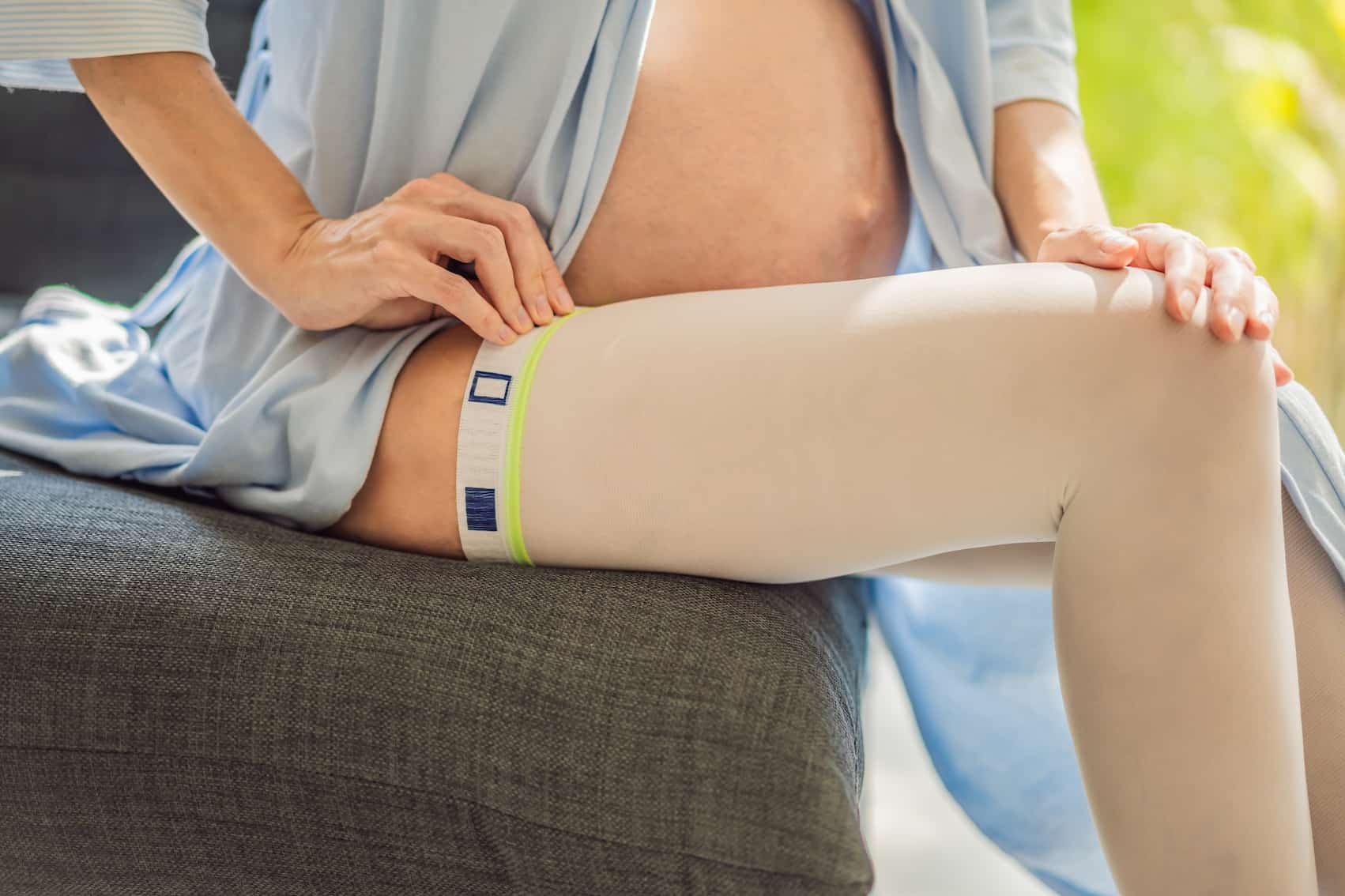
Varicose Veins on the Buttocks While Pregnant
Varicose veins are a common occurrence during pregnancy, affecting up to 40% of pregnant women. These enlarged and twisted veins can cause discomfort, pain, and swelling in various parts of the body, including the buttocks. While varicose veins on the buttocks during pregnancy can be challenging to manage, there are several tips and tricks that can help alleviate symptoms and improve overall comfort.
Stay Active
One of the best ways to manage varicose veins buttocks for pregnant is to stay active. Exercise can help improve circulation, reducing the pressure on veins and preventing blood from pooling in the lower extremities. Try to incorporate low-impact activities like walking, swimming, or prenatal yoga into your daily routine. These exercises can help strengthen your legs and improve blood flow, reducing the severity of varicose veins.
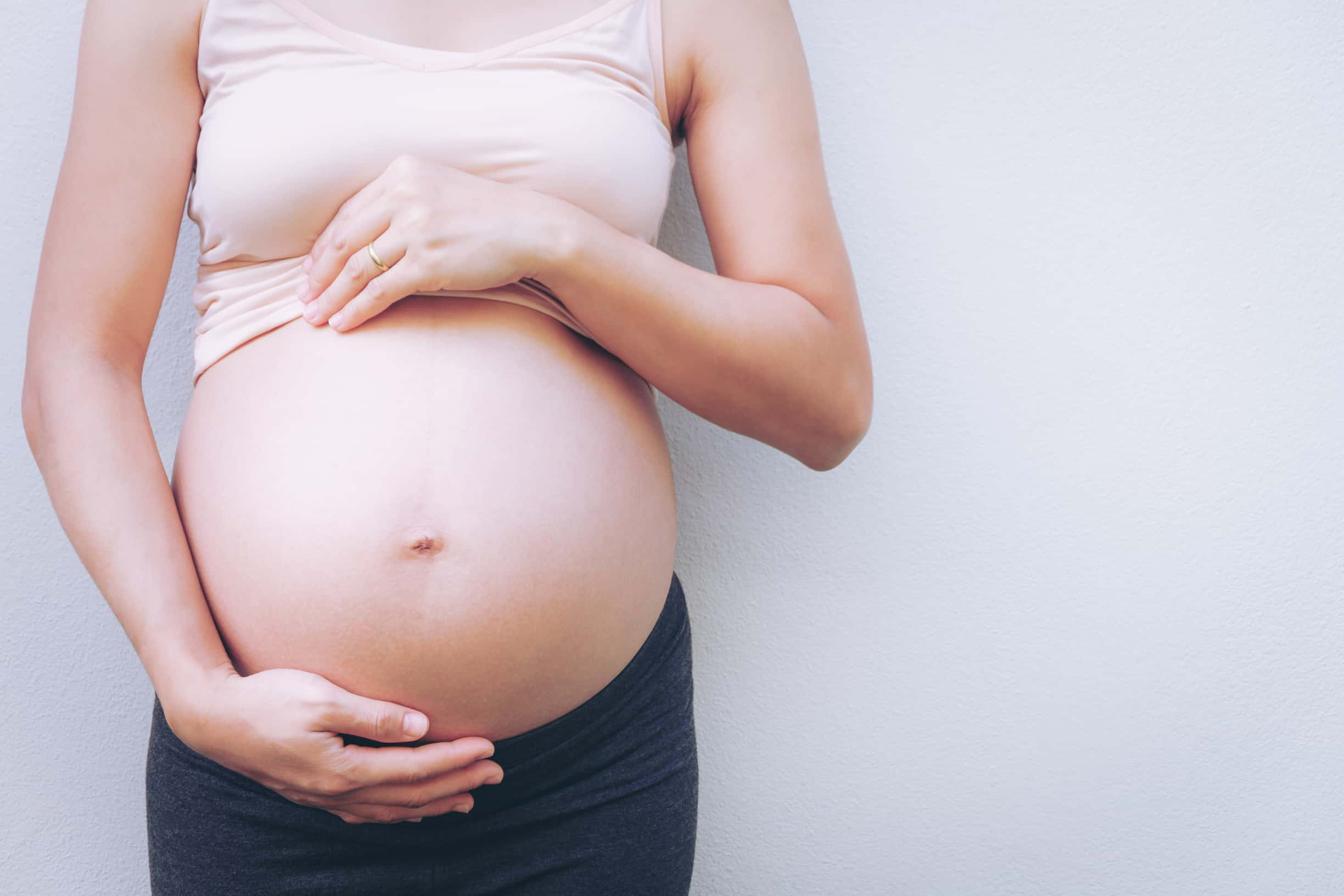
Wear Compression Garments
Compression stockings or pantyhose can help improve blood flow and reduce swelling in the legs and buttocks. These garments work by compressing the veins and helping to push blood back up towards the heart. While wearing compression garments may not prevent the development of varicose veins entirely, they can help manage symptoms and prevent them from getting worse.
Elevate Your Legs
Elevating your legs can help reduce the pressure on veins and improve circulation. When possible, try to keep your legs elevated above your heart level. This can be done by propping your feet up on a pillow or footrest while sitting or lying down. Elevating your legs for even just a few minutes several times a day can help reduce swelling and alleviate discomfort.
Maintain a Healthy Diet
A healthy diet is essential during pregnancy and can help prevent and manage varicose veins on the buttocks. Eating foods rich in fiber, like fruits and vegetables, can help regulate digestion and prevent constipation, which can put added pressure on veins. Additionally, foods high in vitamin C can help improve blood vessel health and reduce the risk of varicose veins buttocks for pregnant.
Stay Hydrated
Staying hydrated is essential for overall health and can help prevent varicose veins from getting worse. Drinking plenty of water can help improve circulation and reduce swelling in the legs and buttocks. Try to aim for at least eight glasses of water per day and avoid drinks that can dehydrate you, like caffeinated beverages.
Talk to Your Doctor
If you’re experiencing severe discomfort or pain from varicose veins on your buttocks during pregnancy, talk to your doctor. They may be able to recommend additional treatments, such as vein-stripping surgery or sclerotherapy, to help alleviate symptoms. Additionally, they can help you manage any underlying conditions, like high blood pressure or obesity, that may be contributing to the development of varicose veins.
In conclusion, varicose veins on the buttocks during pregnancy can be a painful and uncomfortable condition, but with the right management techniques, symptoms can be alleviated. Staying active, wearing compression garments, elevating your legs, maintaining a healthy diet, staying hydrated, and talking to your doctor can all help improve symptoms and prevent varicose veins from getting worse. By following these tips and tricks, you can help manage varicose veins on your buttocks and enjoy a comfortable and healthy pregnancy.
Why Does Varicose Vein Happen During Pregnancy?
Varicose veins are a common condition that occurs during pregnancy, affecting about 30% of pregnant women. They are swollen, twisted, and sometimes painful veins that usually appear in the legs. In this article, we will explore the reasons why varicose veins buttocks for pregnant.
Increased Blood Volume
During pregnancy, the body produces more blood to support the growing fetus. This extra blood can cause pressure on the veins, making it harder for blood to flow back up to the heart. As a result, blood pools in the veins, causing them to swell and become more visible.
Hormonal Changes
Hormonal changes during pregnancy can also contribute to the development of varicose veins. The hormone progesterone, which is produced in larger amounts during pregnancy, relaxes the walls of the blood vessels. This can cause the veins to widen and become more visible. Additionally, the weight gain associated with pregnancy can put pressure on the veins in the legs, exacerbating the problem.
Increased Pressure in the Pelvis
As the uterus expands during pregnancy, it puts pressure on the veins in the pelvis. This pressure can cause the veins to become swollen and twisted, leading to varicose veins buttocks for pregnant. Additionally, as the baby grows, it can put pressure on the inferior vena cava, the large vein on the right side of the body that carries blood from the lower body back to the heart. This can cause blood to pool in the legs, leading to varicose veins.
Family History
Varicose veins can also be hereditary, so if a woman’s mother or grandmother had varicose veins, she may be more likely to develop them during pregnancy. Additionally, if a woman has had varicose veins in the past, she is more likely to develop them during subsequent pregnancies.
While it may not be possible to prevent varicose veins entirely during pregnancy, there are several steps that women can take to reduce their risk of developing them. These include:
Maintaining a healthy weight during pregnancy
Exercising regularly
Wearing comfortable, supportive shoes
Avoiding sitting or standing for long periods of time
Elevating the legs whenever possible
Wearing compression stockings
If varicose veins do develop during pregnancy, there are several treatment options available, including compression stockings, exercise, and surgery in rare cases. Women who are experiencing varicose veins during pregnancy should speak to their healthcare provider about the best treatment options for them.
The Study of Varicose Veins Buttocks for Pregnant
A recent study conducted by the American College of Obstetricians and Gynecologists (ACOG) examined the prevalence and risk factors of varicose veins during pregnancy. The study, which surveyed over 2,000 pregnant women, found that increased blood volume, hormonal changes, and family history were significant risk factors for the development of varicose veins during pregnancy. It also highlighted the importance of preventive measures, such as exercise and wearing compression stockings, in reducing the risk and severity of varicose veins during pregnancy.
Healthy Türkiye Notes
Glaucoma is a very dangerous eye condition, and anyone who has it needs to receive continual therapy in order to keep their vision intact. It is possible for people who have glaucoma to maintain their eyesight by undertaking a variety of treatments, including early discovery and diagnosis, medication, laser treatment, surgical procedures, and alterations in their way of life. It is vital to visit with an ophthalmologist and have routine eye exams if you are concerned about your eye health or are at risk for glaucoma. This will allow the condition to be diagnosed at an early stage and correctly managed.
